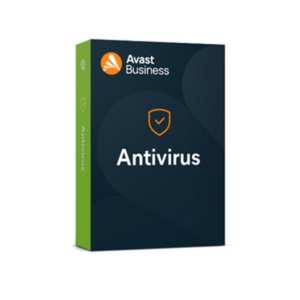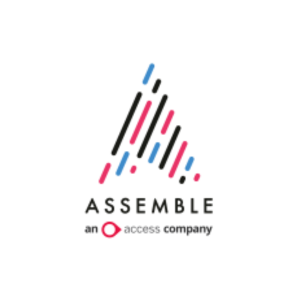Insights
INSIGHTS
All Topics
How to handle a grievance from an employee
We look at the different steps to take when a staff member raises an issue in the workplace
From conflict between employees to issues over terms and conditions, there are a number of problems that could come up in the workplace. Senior leaders and managers need to know what to do when a staff member raises a concern.
ACAS says that a lot of problems in the workplace can be resolved informally. This means having an informal chat, or meeting to talk, about the issue.
If you are dealing with the issue informally, it’s important to take it seriously. Otherwise, the staff member may decide to raise the issue as a formal grievance.
A formal grievance procedure can take time to resolve, be costly and difficult for everyone involved. If the problem still isn’t resolved, the employee may decide to go to an employment tribunal. This could affect your organisation’s reputation.
How to handle an informal complaint
If a staff member requests to bring someone with them to an informal meeting (for example, a colleague or a trade union representative), ACAS says “it’s a good idea” to agree to this. This is particularly important if the staff member has a disability and is asking for a support or care worker to join the meeting.
During the meeting, two-way communication is important. Let the employee explain the problem and what they would like done about it. Then the staff member should listen to what you have to say.
Write down everything that is discussed in the meeting so you have a record. This includes what the problem is, what was talked about in the chat or meeting, and the agreed next steps. ACAS says that next steps should be “clear, specific and measurable”.
After the meeting you should follow up with the staff member who raised the informal complaint to see if the problem is resolved for them. ACAS says if it isn’t resolved, you should check that all the next steps have been completed and set up another informal chat to find out if anything else can be done.
Using mediation
You may want to use mediation to help resolve the problem. This is when an independent and impartial person works with both sides to find a solution to the issue. It’s typically used when an informal complaint has not been resolved.
How to manage a formal grievance
If a staff member isn’t satisfied with your response to their informal complaint, they can make a formal grievance. This should be done in writing. Formal grievances may also be raised with serious issues such as whistleblowing.
It’s important the organisation handles the grievance quickly, fairly and professionally. This includes having a grievance procedure that sets out what staff need to do to raise a formal grievance and what will happen during the process.
Your grievance procedure should be set out in writing and you must share it with staff. For example, on the intranet. GOV.UK says the procedure should include information about: how to set out a grievance in writing, who to send the letter to and who to write to if the regular contact person is part of the concern.
Your grievance procedure should follow the ACAS code of practice on disciplinary and grievance procedures as a minimum. The code of practice sets out standards of fairness and reasonable behaviour for both employers and employees.
If a case goes to an employment tribunal, the judicial body will look at whether the employer and employee have followed the code. If you don’t follow the code, the employee’s award may be adjusted by up to 25%.
Organise an meeting to discuss the grievance. This should be within five days of the grievance being raised.
In the meeting the person who raised the grievance should provide more information about the issue and say how they think it can be resolved. ACAS says the employer should be impartial, take notes of what is said, and look at the evidence to decide if they need to investigate further. It is also important to understand how the person raising the grievance is feeling.
Make sure you share copies of the notes from the meeting with the staff member and ask them to confirm they are accurate. If you need more time to make a decision, let staff know when you will let them know.
Making an appeal
An employee is entitled to appeal a decision that you’ve made. GOV.UK says your grievance procedure should explain how someone can submit an appeal, how long they have to make an appeal and what an appeal meeting involves.
It’s recommended that you have a manager who has not been involved in the process so far to manage the appeal. After the appeal meeting, you should write to the employee with your final decision.
Going to an employment tribunal
If your staff member feels their problem is still not resolved, they could make a claim to an employment tribunal. Read more about this on the ACAS website.
Kellie Smith
More on this topic
Recommended Products
Recommended Products
Related Videos
Our Events
Artificial Intelligence Summit 2024
On the 17th October 2024, Charity Digital will hold our first ever Artificial Intelligence (AI) Summit, a ticketed in-person event that will help charity professionals master the most talked-about tech of the decade.
We use cookies so we can provide you with the best online experience. By continuing to browse this site you are agreeing to our use of cookies. Click on the banner to find out more.



















